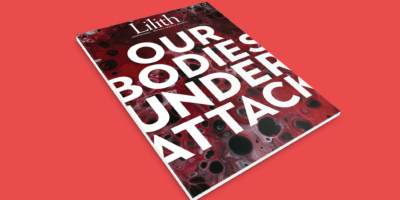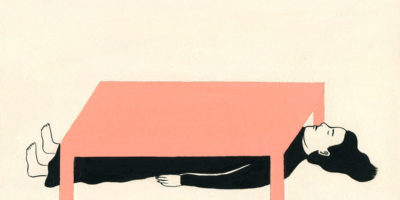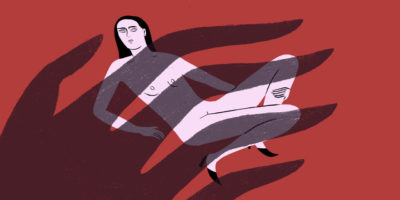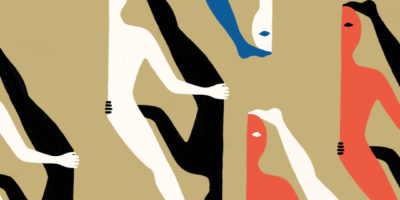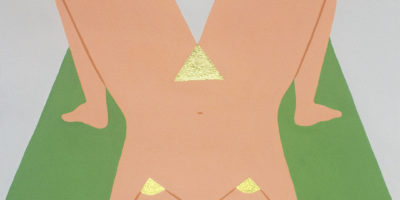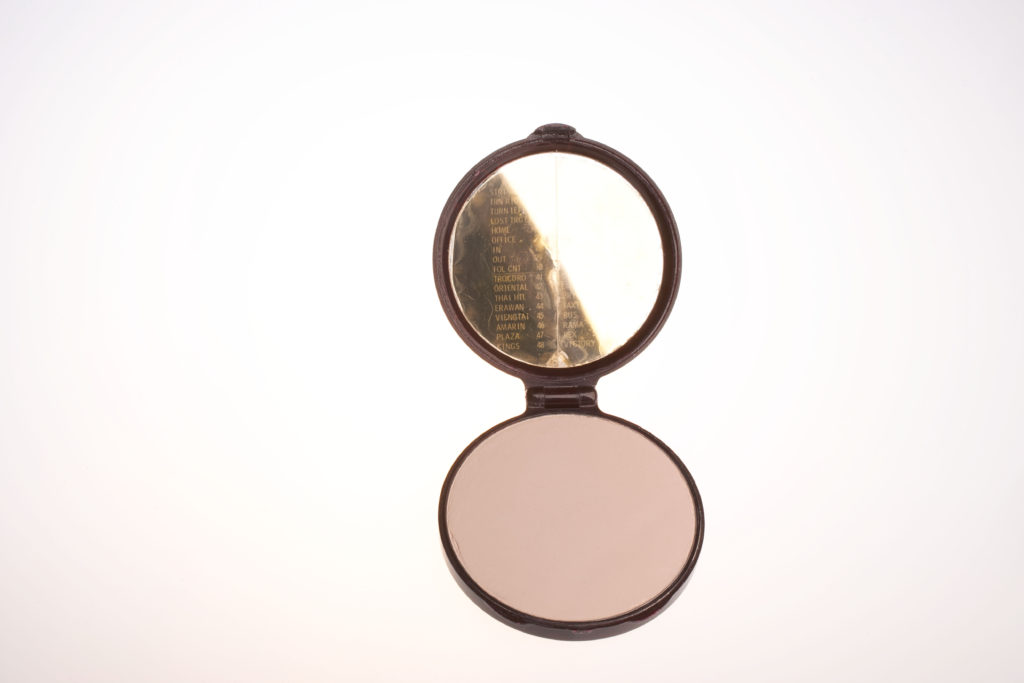
“Pretty Privilege”
I fit conventional beauty standards, which means that I benefit from a beauty premium—the tendency to assume that people who are physically attractive also possess other desirable personality traits. Also known as “pretty privilege,” this is a series of unearned social, political, and economic advantages experienced by a person whose appearance conforms to social standards of beauty.
The advantages include being more likely to be offered a job and to receive good grades. An empirical study published by Harvard Library revealed that employees considered “beautiful” are more confident, and may be paid up to 10% more than their peers. Economists at Metropolitan State University of Denver discovered that less attractive female students (according to ratings from non-faculty and non-student subjects) received lower grades than those considered more attractive. Unsurprisingly, “for male students, looks don’t seem to matter.”
Pretty privilege is rarely discussed—likely because it’s complex, you may fear appearing conceited for implying that you’re pretty enough to benefit from this privilege, and you fear backlash.
I’ve experienced pretty privilege since I was a child. When people met my sister and me when we were kids, their first comments were always about our looks: our beautiful and ethnically ambiguous appearance left people interested in learning more about us. Courtesy of our Mexican father and white European mother, we both have features seen as exotic, yet not too far from the European views of beauty.
As time went on, I began to see the difference in how I was treated when I presented myself in conventionally attractive ways. Toward the end of middle school, when I started dressing in trendy clothes, wearing my hair down and using makeup, I suddenly became a popular girl—even though all I’d done to change was to start following societal norms about physical appearance. My experience with beauty shifted around the same time my body filled in. It—I—became a vessel for people and society to comment about. Sometimes, I felt capable of using this advantageously; when I conformed to patriarchal norms, I experienced a confidence boost and the exhilarating feeling of playing a role in a movie. At my eighth-grade graduation, when I covered my face in makeup, wore heels and a white dress which showed off my newfound cleavage, I walked into that school gym and I could see the slow-motion shot that a director would capture me in. Loud music matched the beat of my walk. The camera panned out as I was walking, and I slowly turned my head and smiled off-screen. I felt a rush of euphoria as all eyes turned on me.
The moment didn’t last, though. Soon, I felt the stress and repercussions that accompany a constant effort to please the patriarchy: exhaustion, sadness, the futility of trying to reach a platform in the sky. It started to feel like my beauty wasn’t my own; rather, it belonged to a group of old men sitting in a conference room making decisions about how to advertise and sell their image of a perfect young woman. My beauty belonged to the strangers I passed on the street who made snap judgments about me based on how I looked that day. My time and energy belonged to the image, the idea of what I believed to be perfect, as I obsessed about what to wear and who to be. I began to wonder: what is beauty? In ten years, will the image of female perfection change completely, thus continuing its constant unattainability?
The changes that I made in middle school were heavily influenced by American media ideals of beauty, filled with paradoxes. The idea of “effortless beauty” causes people to strive for perfection constantly, yet avoid acknowledging the effort this takes. Society also praises features of people of color — full lips, large eyes, tan skin—yet allows these features to be beautiful only on white and light-skinned people. White people spend hours sunbathing trying to achieve the natural melanin of the same people they have spent centuries harming. The media fetishizes and reduces different groups to monolithic tropes. I was finding I was no exception to its gaze.
Then came the pandemic. Alone in my room, I no longer received any sort of external validation. I was no longer putting in copious amounts of time to make others happy about my looks. I discovered things that made me feel beautiful, like going on a picnic by myself, wearing a cute outfit. Like blasting music in my ears and watching Dirty Dancing twice in a row. But media representations of beauty are largely modeled after the male gaze; portraying beauty that appeals to what men find attractive. During this time, I changed my idea of beauty from the sterile, immobile, plastic Barbie attracting the male gaze to the emotionally intimate female gaze.
Having to grapple with these realities may make us uncomfortable, especially if we’re on the receiving end of pretty privilege. After all, we’re conditioned from a young age to keep beauty in our minds always, but not to discuss it out loud. We’re conditioned to express to the world our inadequacies, instead of celebrating our bodies as they are.
Sofia Isaias-Day is a high school student in Oregon. An earlier version of this piece appeared as part of JWA’s Rising Voices Fellowship.

